Every one of us will experience at least once in our lifetime that a media outlet or a journalist will want to ask us something for their content. That’s why I’ve written this article with tips for participating in the media and preparing for an interview.
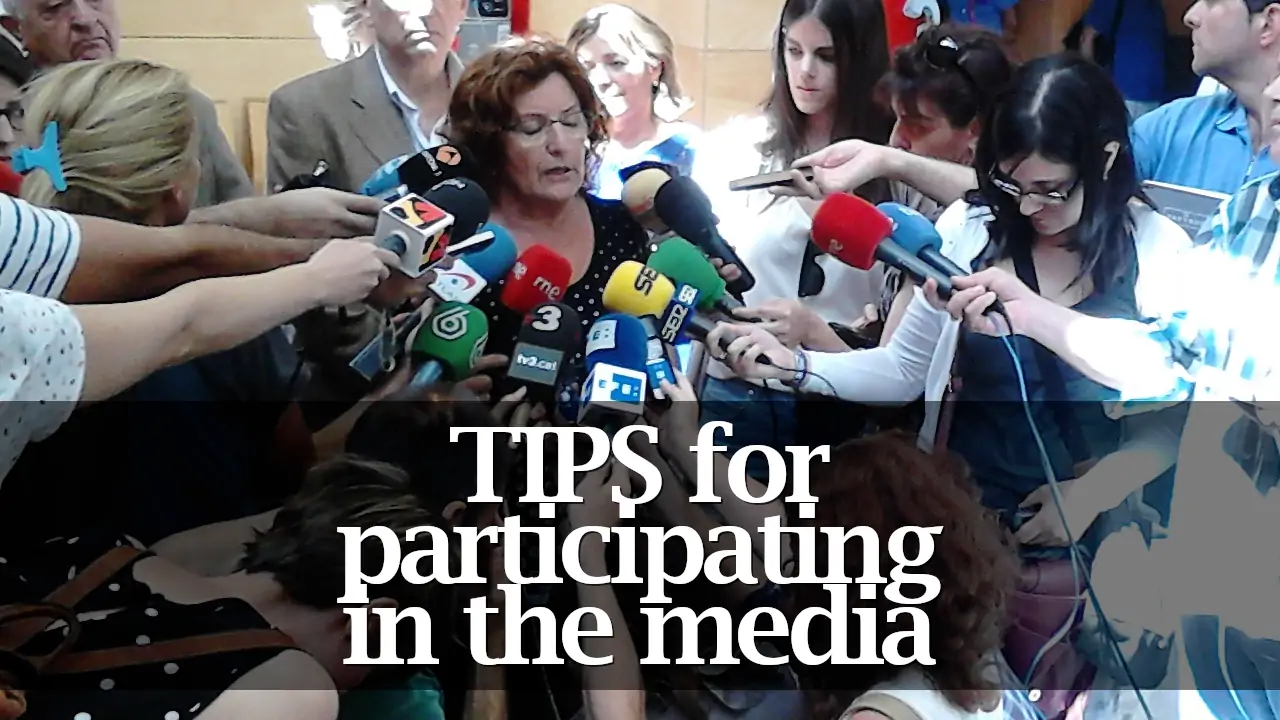
Obviously, a company spokesperson is more likely to be approached by a media outlet.
And their interview will undoubtedly be more challenging than if we are stopped on the street by a television crew and asked about the weather.
However, we can all be exposed to the media at any given moment. Join me! You’ll be surprised.
Are you looking for a PR agency?
Send an email:
hola@apablo.com
Table of Contents
What is a spokesperson?
A spokesperson is the person whom the public associates with an organization’s image and is responsible for interacting with the media and other events.
Being a spokesperson is a significant responsibility, as they convey messages on behalf of the organization they represent. These messages can reach millions of people.

Following tips for participating in the media can enhance the public perception of an organization.
However, a communication mistake by a spokesperson can sink companies or lead to election losses.
Moreover, if the spokesperson doesn’t express themselves clearly, the opportunity for media coverage could be directly lost.
Tips for Participating in the Media
Now that we’ve seen what a spokesperson is, let’s move directly to the tips for participating in the media.
Not sharing what you don’t want to see published 🙊
Always exercise the following precaution: when there are journalists or media outlets, NEVER say something you don’t want to see published.
This is one of the best tips for participating in the media: confidential matters are not discussed, not even over coffee.
Some media outlets would do anything for an exclusive, so if you have something to hide or something that can’t be announced yet, don’t share it, not even off the record.
It’s a different story if you want to give an exclusive. But if it’s something you don’t want to see published, don’t share it.
Answering questions precisely
Imagine I ask someone: Is it raining?
And this person replies: My umbrella is red.
I insist: But is it raining or not?
And the response is: My red umbrella is so cool.
In the end, I’d probably get annoyed and tell them to buzz off.
Journalists’ questions should be answered precisely and clearly. Ideally, with a monosyllable followed by an explanation.
If I’m asking if it’s raining, I expect one of the following answers: yes; no; a little; it’s raining a lot; a few drops are falling, and so on.
The color of the umbrella doesn’t matter to me.
This is a common mistake among many spokespersons who insist on ‘beating around the bush’ and lose all credibility.
Of course, a spokesperson should take the opportunity to talk about their red umbrella. But always answer the question.
In this case, it could go like this:
Question: Is it raining?
Answer: Yes, it’s raining, and that’s why I brought my magnificent red umbrella.
Avoid getting into a debate or argument with a journalist
It’s possible that during a Q&A session or an interview, a challenging question is posed to the spokesperson.
It’s also possible that a journalist has some data they want to verify, which contradicts the version the spokesperson is giving.
Whatever the case may be, never engage in an ideological or data-based debate with a journalist.
If the journalist is very insistent on a specific topic and the organization has already provided its version, it’s better to invite the journalist to verify the discrepancies with the press office.
Such controversies should be avoided and defused as soon as possible.
The organization should present its point of view, and that’s it. One shouldn’t challenge a program host to see who’s right about certain data or claims.
If there’s trust, we can ask for the interview questions in advance
Only if there’s trust or the topic is light, we can try to get the questions beforehand.
Sometimes you might receive the questions in advance. Other times, especially if the topic is dense or controversial, it might not be possible.
But it’s important to ask only if there’s trust, as a media outlet is not obligated to disclose the content of an interview in advance (and it’s also quite unprofessional).
Being natural and positive, but not overdoing it – tips for participating in the media
Obviously, the tips for participating in the media depend on the situation. An interview is not the same as a press conference or an institutional statement.
However, in general, it is advisable to be natural and positive. The audience should understand that the spokesperson is there to convey a message. And that is their sole purpose.
But one should avoid being overly chummy or making jokes. Leave the humor to the comedians.
Be natural, positive, enthusiastic on some occasions, and solemn on others, depending on the situation.
But one should not convey too much familiarity with the audience, as it can backfire.
An interview loses all credibility if the audience perceives the spokesperson as being too friendly with the journalists.
Dressing appropriately, but with style
Few things are less appealing to the audience than a man in a suit and tie trying to sell them something.
They just ignore him.
That’s why another tip for participating in the media is appropriate dressing, but with a personal touch that reduces formality.
It doesn’t have to be groundbreaking; it can be subtle.
For example: although many spokespersons still wear ties, an increasing number do not.
Of course, this all depends on the case. Don’t give statements after a fatal accident wearing a Bugs Bunny tie.
But for a more casual interview, why not?
Look, here’s me on the news. I wore this shirt because we were interviewed for a feature we did in another country, doesn’t it look cool?
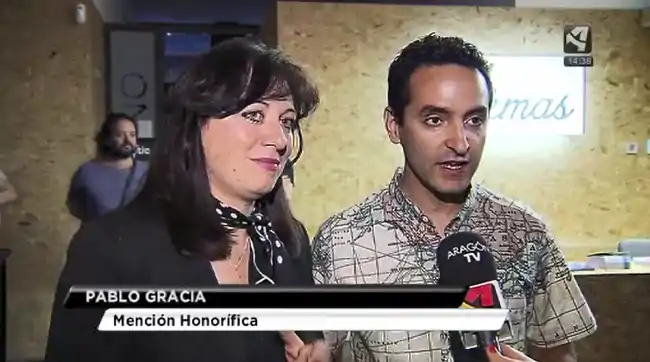
As the interview was related to a trip, I wore this shirt with a world map.
Getting straight to the point, without reading word for word
Among the tips for participating in the media is to present each idea within a maximum of 12 seconds.
Seriously: you don’t need more than 12 seconds to explain something to the media.
You should answer concisely, without getting sidetracked.
When we get sidetracked, we run the risk of delving into topics we don’t want to discuss. This is colloquially referred to as ‘digging oneself into a hole.’
However, following this rule can lead us to the next mistake: writing the text and reading it verbatim. This is also incorrect.
Neither one nor the other. The middle ground.
A good spokesperson has immersed themselves in the organization they represent and knows it perfectly.
They don’t need to read word for word or memorize phrases.
In any case, you can have notes about the topics to be covered. Especially, to ensure none are left out.
But reading a speech word for word sounds truly rigid and outdated.
Hey, if you have no other choice, go ahead, but it’s better not to read it. Most politicians still read speeches.
If you’re going to read a speech, make sure to look at the audience every few seconds to maintain a connection with them.
In an interview, of course, answers should not be read.
How to avoid getting nervous?
The reason many people get nervous when speaking in public or interacting with the media is that they don’t understand what is expected of them.
This is the real reason in most cases.
Because they don’t know what is expected of them, they become nervous.
The role of a spokesperson is to engage with the press. So, if we get nervous, we need to remember why we are there.
This minimizes uncertainty and thus nervousness since we know exactly why we are there and what our task is:
To engage with the press and answer their questions so that this information reaches society through the media.
It’s as simple as that.
Although I have a friend who calms down by looking at people’s noses when speaking in public.
What qualities does a good spokesperson have? 🗣️
Every organization eventually selects its spokespersons. It’s not necessary for the spokesperson to be the CEO; it can be another position.
In fact, the selection of a spokesperson is a truly strategic task that goes beyond following tips for participating in the media.

It should be noted that spokespersons wear down over time.
Media exposure and explanations about internal crises eventually erode the public image of a spokesperson, who could be forced to resign.
So, being appointed as a spokesperson for an organization is somewhat good news.
But in any case, let’s see what qualities a good spokesperson should have and what tips for participating in the media they can follow.
They must know the organization – tips for participating in the media
A good spokesperson is well-acquainted with the organization they represent, its departments, its leaders, strengths and weaknesses, mission, vision, and values, products and services, interests, audiences, and competitors.
One of the best tips for participating in the media that can be given to a spokesperson: immerse yourself in your organization.
They know the media outlets
A spokesperson needs to know the editorial stance and who is behind the media outlet that will be interviewing them.
It’s not the same dealing with a left-wing outlet as it is with a right-wing one, or a government-owned outlet, as their audiences have different sensitivities.
Another tip for participating in the media is to identify the channel through which the content will be disseminated: print media is not the same as video.
Capable of concise verbal communication
A good spokesperson can condense a ten-minute conversation into a single sentence. They can convey ideas in the form of a headline.
Effective spokespersonship provides responses of no more than 12 seconds, so the media doesn’t have to trim the statements. Some ideas could be left out.
Of course, among the tips for participating in the media is to avoid appointing a spokesperson who stutters, lisps, shouts, becomes excessively nervous, or simply doesn’t speak.
They must know how to communicate naturally
Pay attention to nonverbal communication
If life is a dream, spokespersonship is theater.
Well, more than theater, it’s like a performance. But it’s something one must either be born with or practice extensively, through tips for participating in the media.

Facial expressions, hand movements, head gestures, pauses while speaking… all of these are valid resources that help build this performance.
Nonverbal communication is an additional tool for a spokesperson.
Work on appearance – tips for participating in the media
A good spokesperson has to take care of their appearance.
They don’t need to be a model from Fashion Week, but at the very least, they should be well-groomed, styled, shaved, and dressed appropriately.
Furthermore, this care for appearance must be consistent. This is because people will see them on the street and gossip about it.
They must be credible
A spokesperson needs to project credibility. And to be credible, honesty and self-critique are also essential.
A defendant in a trial can deny their guilt, even with evidence proving otherwise.
But the media is not a court of law. If there’s evidence demonstrating that something has happened, it’s better to acknowledge it and construct a believable message.
Practice tips for participating in the media
The best way to internalize all these tips for participating in the media is through practice.
Ask someone you trust to help you with practice. They can take on the role of a journalist.
Prepare the most likely questions that will come up in the interview. Make sure to include some challenging ones.
Place your phone on a smooth surface at eye level.
Use your phone so that there’s no temptation to share the practice anywhere.
Stand in front of the camera and record yourself on video. The frame should capture only your face and chest.
The trusted person helping you will ask the first question.
You have to answer it clearly and concisely, without stumbling or laughing, while demonstrating humanity and credibility, all in a maximum of 12 seconds.
Once you’ve answered all the questions, stop the recording and watch the entire video.
Regardless of how it turned out, you’re likely to see aspects you can improve.
For instance, filler words you use repeatedly or answers that weren’t entirely clear.
Place your phone on the smooth surface at eye level again and hit the record button once more.
Repeat the process question by question, again.
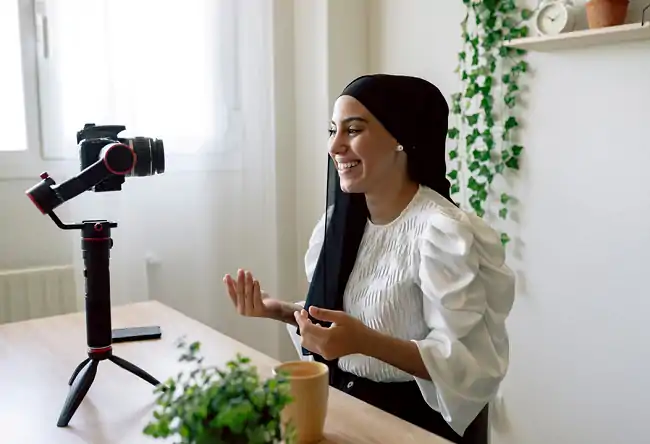
This is a good way to internalize responses to the most common questions for an organization.
It’s also a fantastic way to learn how to summarize answers without getting into any trouble.
Another way to practice is to do the same thing but while reading a speech. In this case, remember to look at the camera occasionally.
There are also mobile applications similar to teleprompters used in television. You can practice with them as well if you’re going to use them in a speech.
Conclusion: Tips for Participating in the Media
Any day, anyone may need tips for participating in the media.
From the humblest neighborhood association to the most powerful company on the planet, all have a place in a news segment at some point.
Choosing a good spokesperson is important. Perhaps much of the difficulty is precisely solved by selecting someone who is simply good at public speaking.
However, it never hurts to review these tips for participating in the media.
The goal: to ensure our message is delivered clearly, kindly, and contributes to improving the organization’s image in society.
I hope you enjoyed the content! Leave a comment and share it with your department colleagues.
If you’re looking for a communication agency that provides tips for participating in the media, send an email to hola@apablo.com



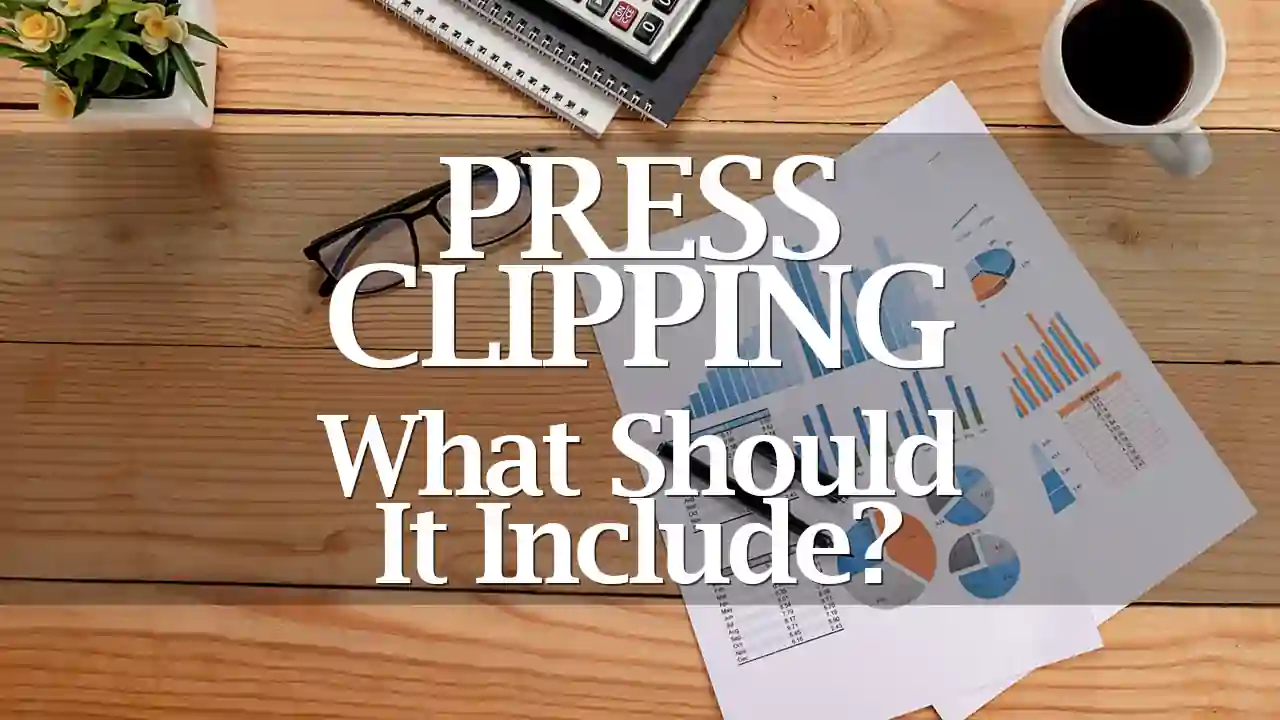
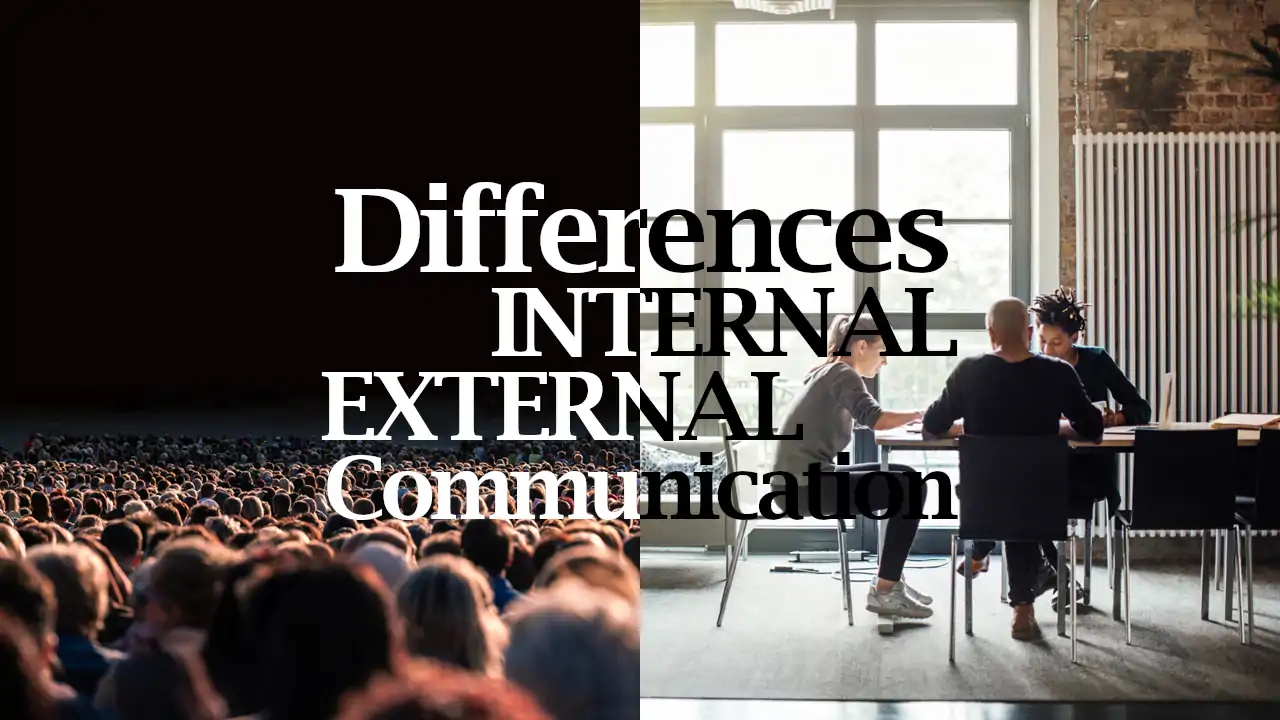

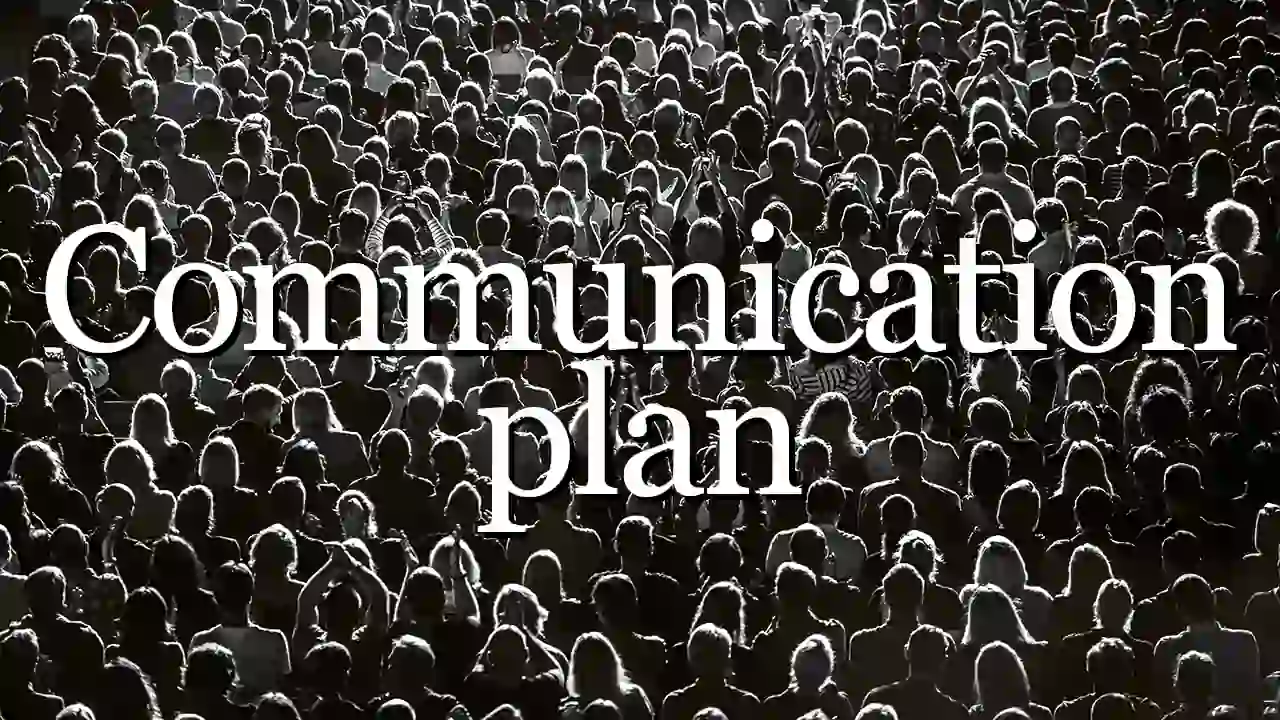
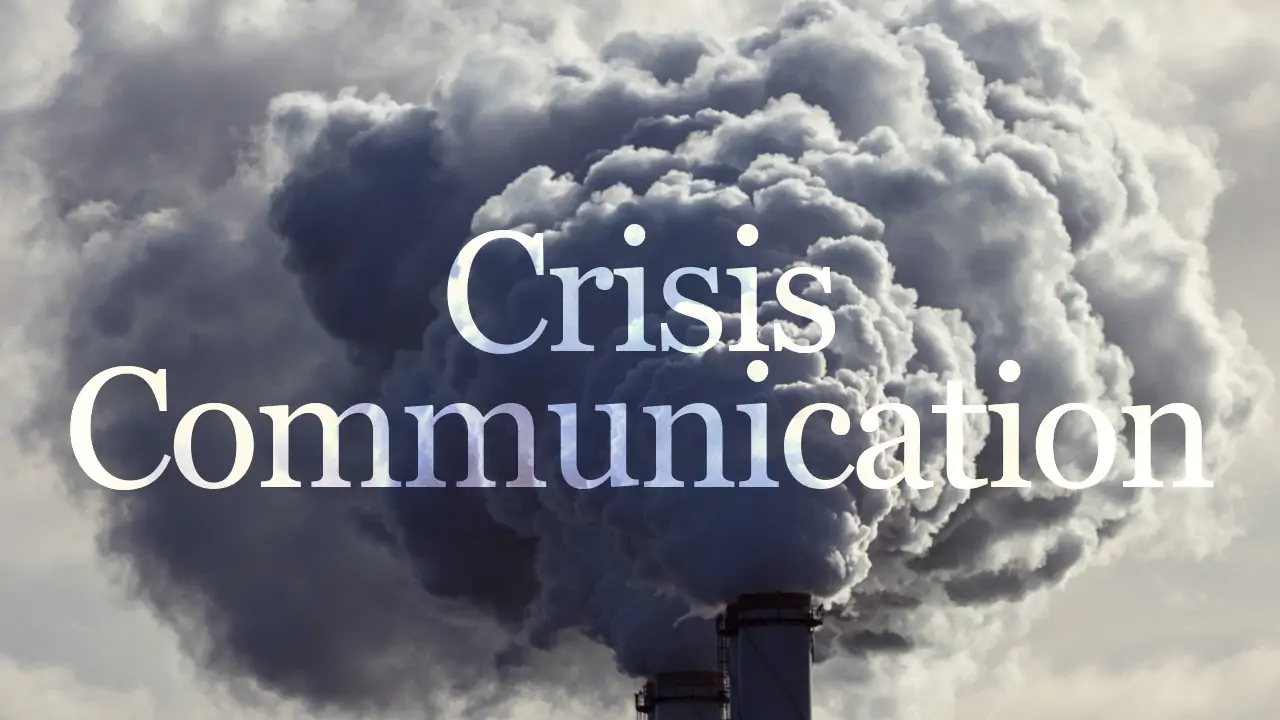

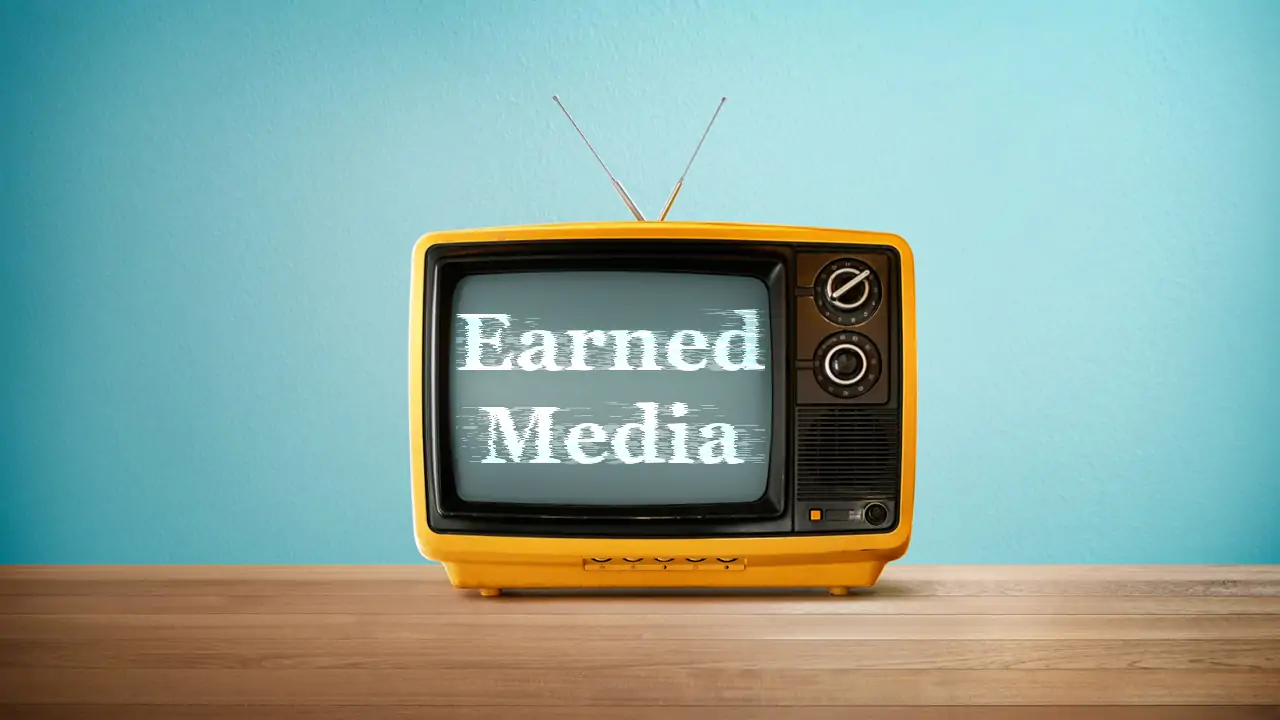
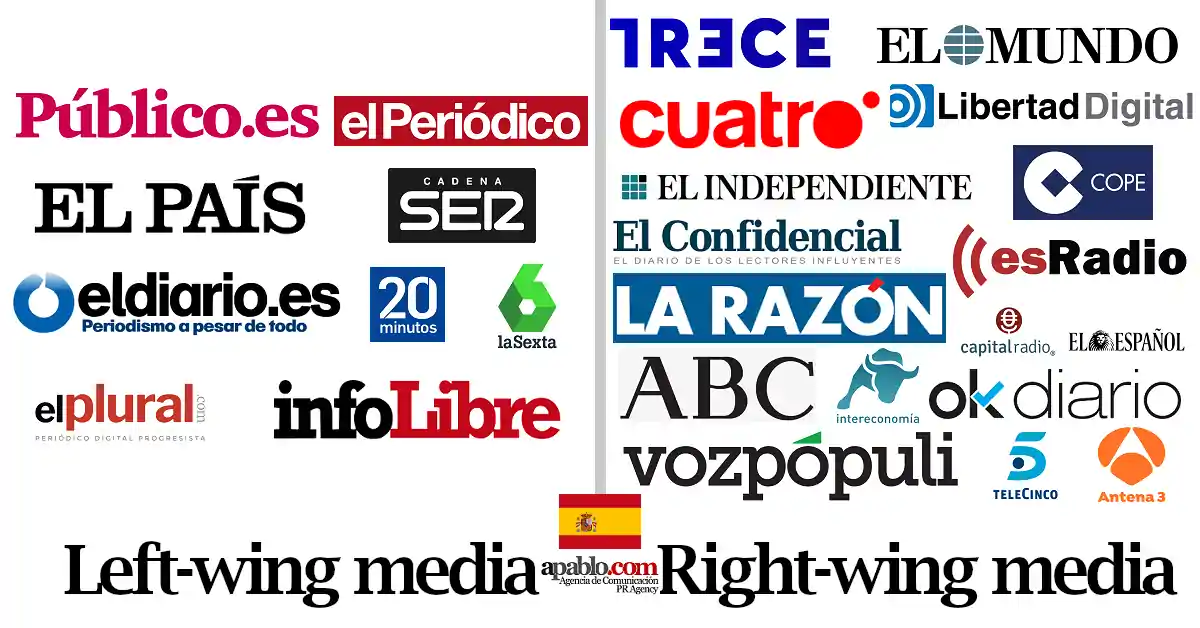

Leave a Reply Cancel reply